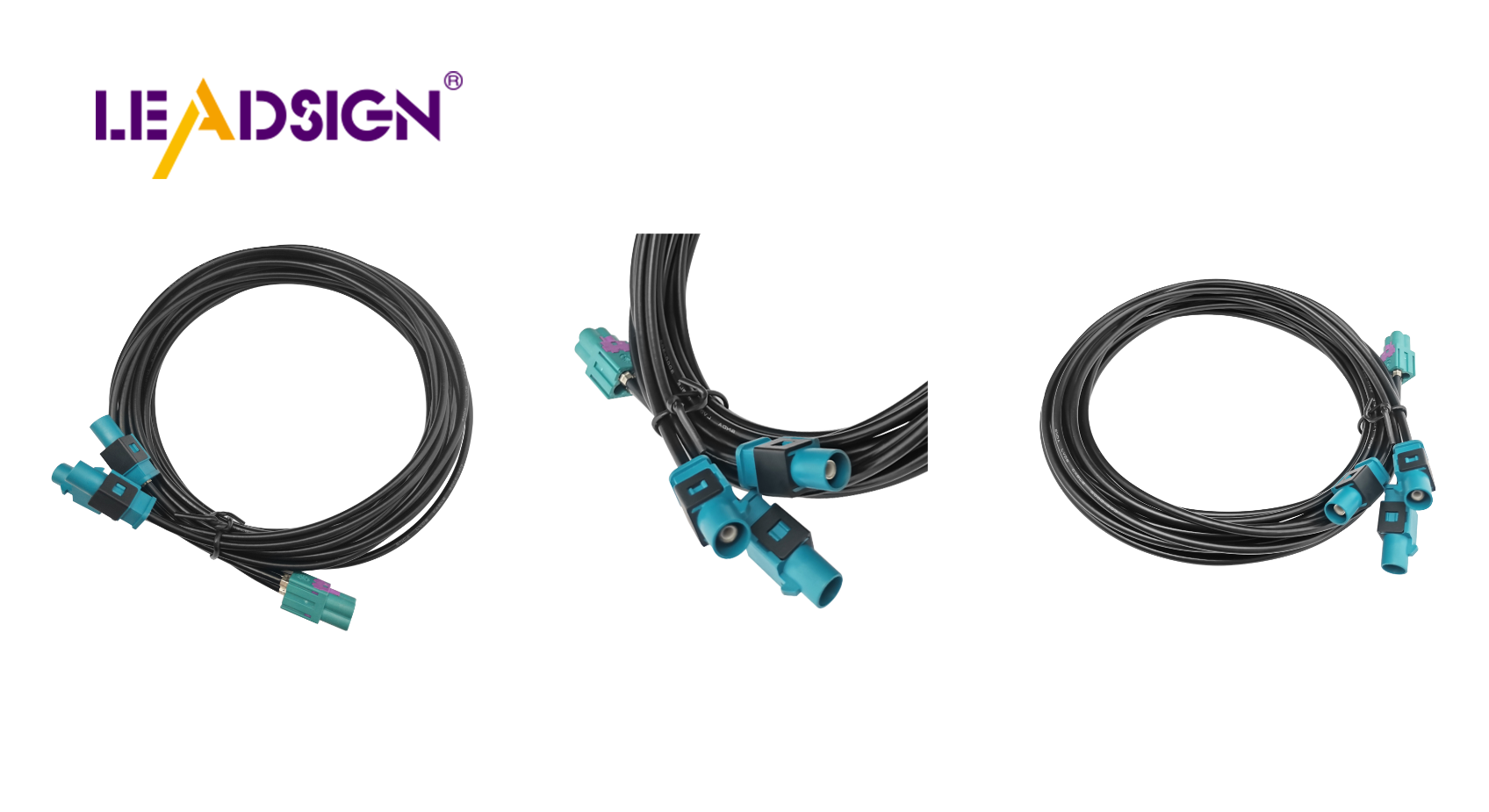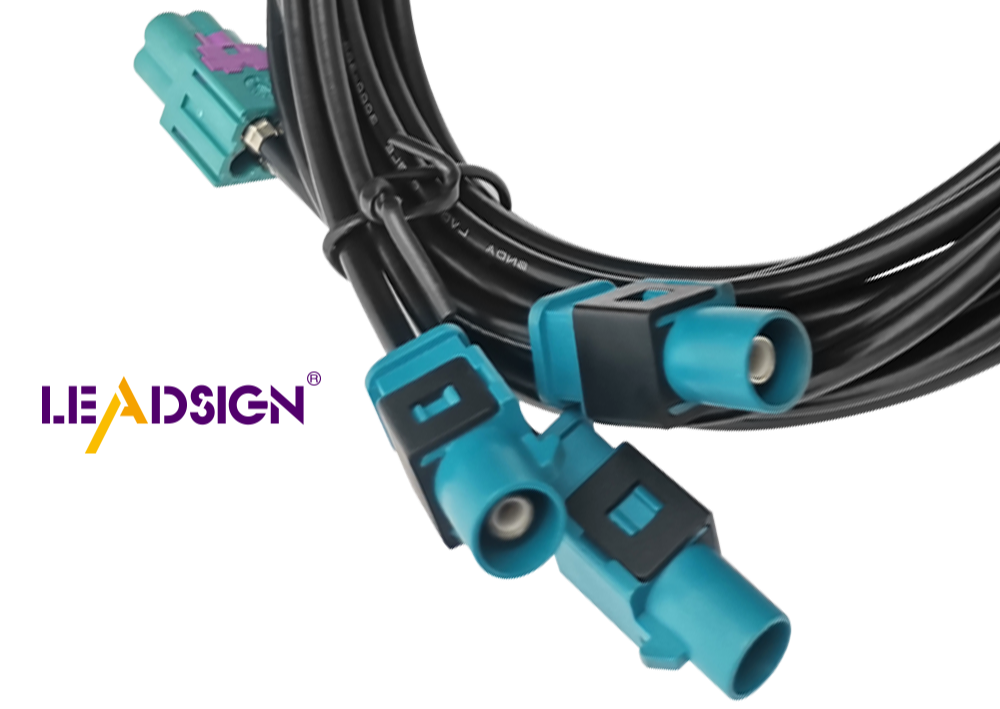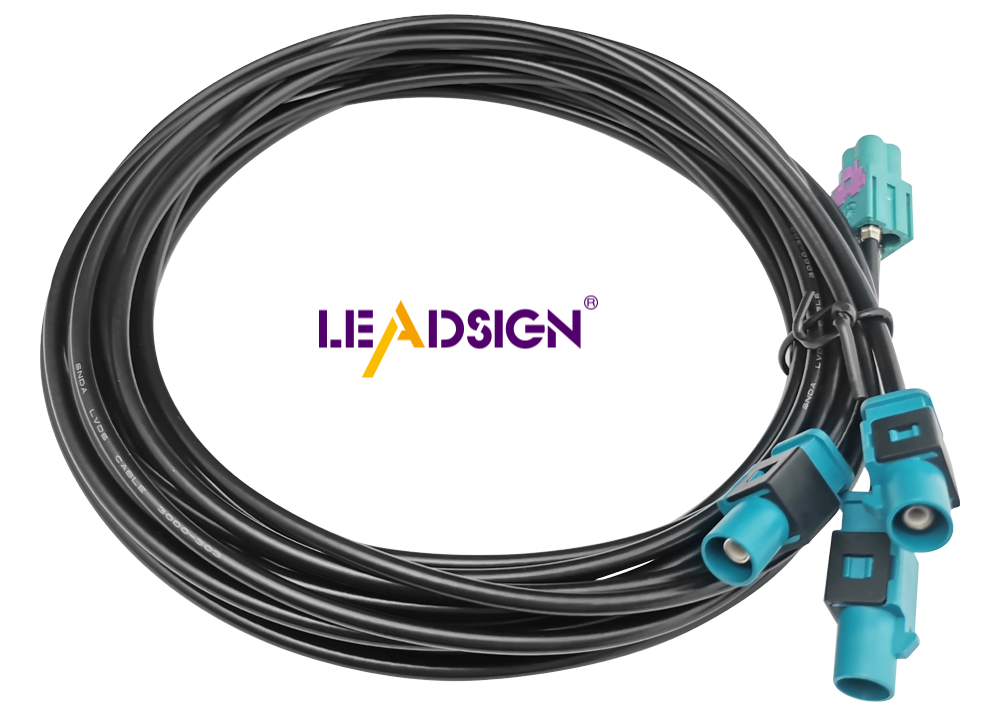Leading Types of Wire Connectors for Cars

Car wire connector types are crucial for vehicles. They play a vital role in maintaining reliable electrical connections, which are essential for optimal car performance. Modern cars can contain up to 700 connectors and more than 3,000 wires, highlighting the significance of these components. The car connector market experiences a 5.8% annual growth rate and was valued at $17.047 billion in 2021. Understanding the various car wire connector types empowers you to make informed decisions when it comes to repairs and enhancements, ultimately enhancing the efficiency of your car's electrical systems.
Wire Connectors by Car Brands
Knowing different car wire connectors helps with car repairs. Each brand uses its own connectors for best performance.
Toyota Connectors
AMP Superseal Connectors
Toyota cars often use AMP Superseal Connectors. They are strong and last long. These connectors keep your car's wires safe from water and dust.
Benefits and Uses
AMP Superseal Connectors are easy to put in. They make sure wires stay connected well, which stops problems. You see them in engines and lights because they work well even in tough places.
Ford Connectors
Delphi Metri-Pack Connectors
Ford cars use Delphi Metri-Pack Connectors a lot. They handle lots of electricity, so they're good for engines and sensors. Their small size fits into tight spaces easily.
Benefits and Uses
Delphi Metri-Pack Connectors can be used many ways. They're great for power and sensor connections. Their sealed design keeps them safe from weather, making them last longer.
General Motors Connectors
Molex MX150 Connectors
General Motors likes Molex MX150 Connectors for their cars. These connectors keep wires connected well in modern cars.
Benefits and Uses
Molex MX150 Connectors are simple to put together. They hold wires tight, keeping your car running well. You find them in lights and power systems because they work great in hard conditions.
By knowing these connectors, you understand how they help your car work better. Whether it's Toyota, Ford, or General Motors, using the right connector makes your car's electrical system reliable.
Wire Connectors for DIY Projects

When fixing your car, picking the right car wire connector is key. Different connectors fit different jobs. Knowing them helps you choose well.
Types of Connectors
Crimp Style Connectors
Crimp style connectors are common in DIY work. You use a tool to attach them to wires. This makes a strong link without soldering. They are useful and fit many car wire connector types.
Pros and Cons
Pros:
Easy with a crimping tool.
Makes a solid connection.
Good for many car wire connector types.
Cons:
Needs a special tool.
Bad crimping can be weak.
Heat-Shrinkable Crimp on Butt Splice Connectors
These connectors give extra safety. After crimping, heat shrinks the cover around it. This keeps wires safe and strong in tough spots.
Pros and Cons
Pros:
Great insulation and safety.
Best for outdoor use.
Stops rust well.
Cons:
Needs heat to install.
More tricky than basic crimps.
Soldered Unions
Soldered unions make very strong connections. You use solder to join wires tightly. It's liked for being reliable.
Pros and Cons
Pros:
Very strong, lasting bond.
Perfect for important uses.
Cons:
Needs skill and tools.
Slower than crimping ways.
By knowing these car wire connector types, you pick the best for your project. Whether it's simple crimps, protective heat-shrinkables, or strong soldered unions, each has perks. Picking right keeps your car's electrical system good and steady.
Buying Guide for Wire Connectors

Picking the right car wire connectors keeps your vehicle's electrical system working well. This guide helps you know what to check when buying connectors.
Things to Think About
Strength
When choosing car wire connectors, think about strength. You need connectors that can handle tough conditions like heat and wetness. Strong connectors last longer and don't need changing often. PAVE Technology, a leader in wire connectors, says to use top-quality sealed connectors for safe circuits. This shows why strong connectors are important for your work.
Fit
Fit is key when picking car wire connectors. Make sure they match the wire size and connector shape. Electrical Basics suggests matching the terminal size with its use. For example, pair a 12-10 gauge wire with a ¼" hole type. This ensures it fits well and works best.
Common Questions
How to Pick the Right Connector?
To pick the right car wire connector types, think about where you'll use them and their environment. Know how much electricity they'll carry and what conditions they'll face. Choose ones that protect best for your needs. Look at different brands and read reviews before deciding.
Tips for Installing
Installing car wire connectors right is crucial for good connections. Follow these steps:
Prepare Wires: Cut wires to the right length without harming them.
Use Proper Tools: Use correct tools for crimping or soldering to secure them.
Check Connection: After installing, look over the connection and test it.
By knowing these points and following these tips, you can pick and install the best car wire connector types confidently for your vehicle. This knowledge helps keep an efficient electrical system running smoothly.
Picking the right wire connectors is key for your car. They keep it safe and help circuits work well. Look at brand-specific and DIY options to fit your needs.
Brand-Specific Connectors: Made for certain cars, they fit perfectly and work reliably.
DIY-Friendly Connectors: These are flexible for different projects, letting you change your car's wiring.
Choose connectors by size, current ratings, and seals. This makes sure wires connect right and work well, boosting your car's performance.
See Also
Significance of Fakra Connectors in Automotive Sector
The Significance of Fakra Connectors in Contemporary Cars
Vital Role of FAKRA Connectors in Auto Uses

